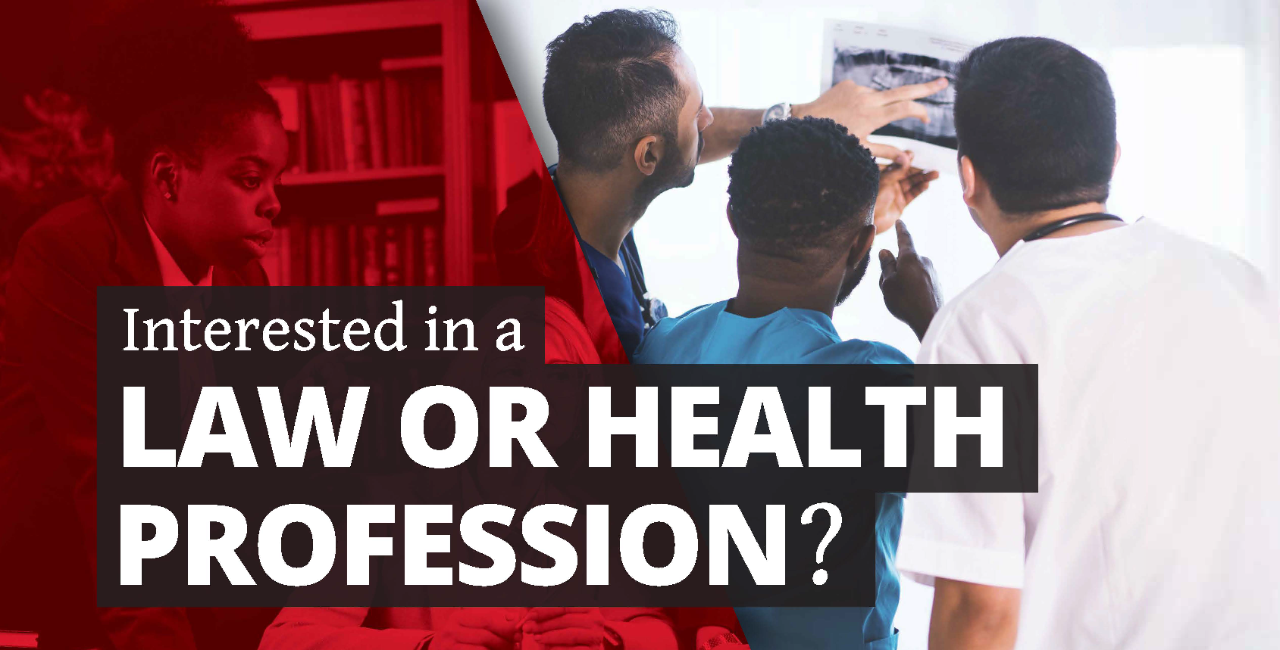Global Health Experiences for Pre-Health Students
Intercultural competencies
Students are often looking for the excitement and adventure of study/travel abroad. These are amazing experiences that can help students transform lives and build professional competencies that will benefit them on any career path.
A few of the valuable skills we glean through travel are:
- Coping skills and crisis management, communication skills (overcome language barriers), broad and strategic thinking, problem-solving skills
- Intercultural competencies, tolerance and open-mindedness, flexibility and adaptability, ability to work in teams, organization and time management skills
- Respect for protocol and hierarchy, leadership skills, ability to view situations from unique perspectives
- Innovative, able to take risks, patience and perseverance, self-reliance and responsibility
- Global competency and awareness
However, with global health and medical experiences we need to understand how all of us could unintentionally cause damage to patients, families, communities and ourselves.
Read what the Association of American Medical Colleges suggests for pre-med and medical students providing patient care during clinical experiences abroad.
Ethical Implications
Global Health travel experiences are different in nature and carry significant ethical implications. This doesn’t mean you can’t go; but you must educate yourself.
The Pre-Professional Advising Center follows the UC-College of Medicine, Office of Global Health which notes:
"As a result of the increased student interest in global health, learners are increasingly exposed to challenging ethical dilemmas and potentially hazardous situations. These situations require careful preparation and considerable awareness among learners, supervising faculty, and the host and sponsoring institutions.”
Read and use the UC Office of Global Health resources to begin developing your global health awareness skills on:
- Ethical concerns
- Best practices
- Complete the University of Minnesota’s Global Ambassadors for Patient Safety (GAPS) student module (free and online), prior to travel abroad in global health related experiences.
Getting Started with Global Health
Educating ourselves on these issues is a process and the Pre-Professional Advising Center recommends students use the following stair stepping of experiences:
- Freshman/Sophomore years: Begin your exploration of global health by taking classes here at UC: AFST1005, Intro to Global Health Issues and/or others from the Global Health Certificate list. Also consider joining a student organization that focuses on global health issues.
- Sophomore/Junior years: Next expand your experience by arranging a Study Abroad tour with our UC International Office. This is a great opportunity to expand your competencies the professional schools value. Remember to meet with your PPAC advisor and the UC Study Abroad office before leaving for any international experience. We want your experience to be mutually respectful, safe and socially responsible.
- Junior/Senior years: Plan and take one our UC faculty led global health courses that have a travel component.
- If you have extra time in our college career, other programs like the ones listed through our UC College of Medicine Global Health are options after you have developed your skills the first three areas.
Remember to meet with your PPAC advisor and the UC Study Abroad office before leaving for any international experience. We want your experience to be mutually respectful, safe and socially responsible.
We follow the advice of “if we can’t do it here [U.S.] we shouldn’t do it there."




